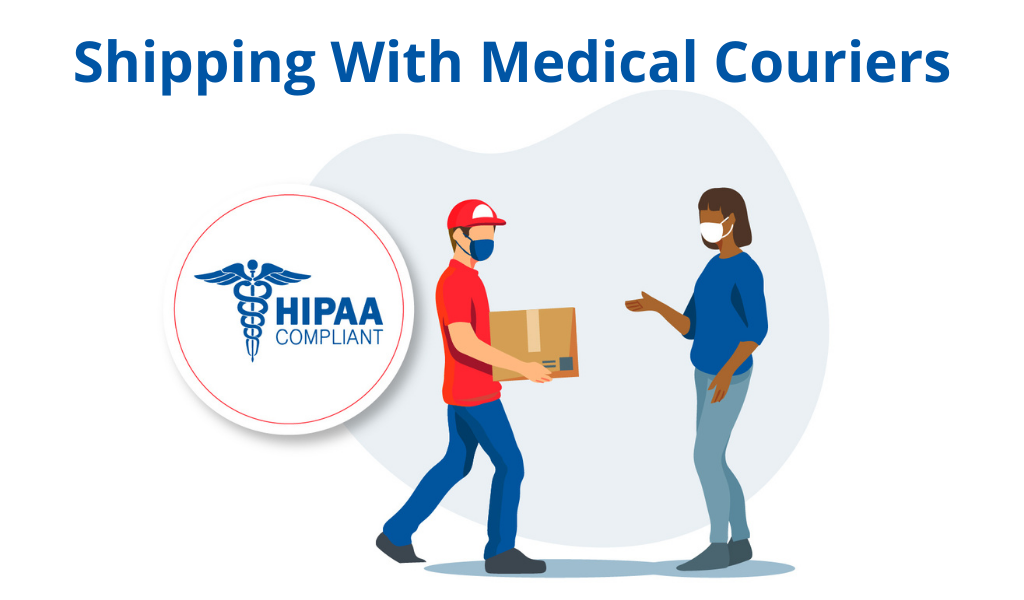How Walmart Is Looking to Reshape the U.S. Health Care Industry

According to recent reports, Walmart is in discussions to acquire Humana, a $37 billion dollar health insurance company based in Louisville, Kentucky. Although the terms of this deal are unknown, it could bring a dramatic shift in the health care industry, including medical deliveries.
The acquisition would significantly boost Walmart’s current health care initiatives. It would benefit their current 4,500 in-store pharmacies, 2,900 vision centers, and 200 standalone clinics. And the Humana deal would likely speed up the process of developing in-store clinics—a new service that would give Walmart customers more access to healthcare services at a lower cost.
Humana is the second-largest Medicare Advantage plans provider with a range of business across the health insurance marketplace. However, the increasingly popular Medicare Advantage health care option would most benefit Walmart’s key demographics, who are seniors. They make up millions of in-store visits and medication pick-ups each year.
This also creates an opportunity for Walmart to give the same care options to their employees, which would help them retain and recruit workers in tight labor markets.
In addition to in-store health services, Walmart is seeking to expand their operations directly to their patient’s homes. Their 2017 acquisition of Parcel made Walmart equipped with the technology and network of delivery employees to serve New York City.
This Humana news comes on the heels of other recent reports that Walmart is in talks to acquire medication delivery service, PillPack. Filling and delivering prescriptions to patients isn’t the only thing PillPack specializes in. They also sort their customer’s pills into packets for individual doses, all major selling points to Walmart’s key demographics.
All of these opportunities will drive Humana plan members to Walmart’s clinics, develop their medical delivery initiatives, and help them provide better health benefits to employees.
Whether these deals fall into place or not, there is still fierce competition on the horizon. Amazon is making moves in health care, selling medical supplies and equipment to clinics and hospitals. They’re also planning to take on rising employee healthcare costs through their partnership with J.P. Morgan and Berkshire Hathaway.
As Walmart gears up to compete with Amazon, it’s preparing to diversify and expand in the face of its competitive threat. Both risk a highly regulated market and could run into roadblocks in the future. But even so, this sends a strong message that the healthcare industry is going to see a lot of changes in the coming years. What do you think this means for your health care business?






